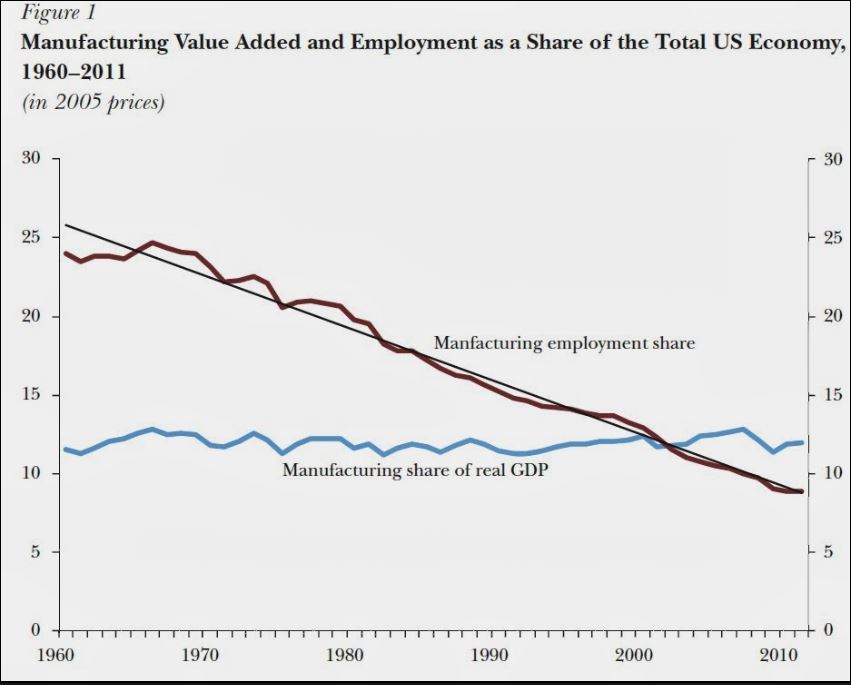https://www.udacity.com/courses/web-development
http://www.charlierose.com/watch/60666797
Machine Learning and other resources (Thanks Murray):
Stanford
https://www.coursera.org/learn/machine-learning
The course is taking into consideration that a lot of the students have very little background in math and statistics, so some of the material will seem too easy for you. With that said, the value is in seeing how to develop the mechanisms to proceed from a conceptual understanding of a least-squares regression (for the beginner example) and produce your beta coefficients that STATA or R would be giving you...Or, how do you actually tell a computer to minimize your MSE, etc.
Once you access the material you'll see that you can move ahead as fast as you want, so it is self paced.
I think you'll find a lot of the content super interesting and I think you'll quickly see ways of how to put the material into practice for yourself.
Here is an overview of the curriculum:
Course
WEEK 1
Introduction
Linear Regression with One Variable
Linear Algebra Review
WEEK 2
Linear Regression with Multiple Variables
Octave Tutorial
WEEK 3
Logistic Regression
Regularization
WEEK 4
Neural Networks: Representation
WEEK 5
Neural Networks: Learning
WEEK 6
Advice for Applying Machine Learning
Machine Learning System Design
WEEK 7
Support Vector Machines
WEEK 8
Unsupervised Learning
Dimensionality Reduction
WEEK 9
Anomaly Detection
Recommender Systems
WEEK 10
Large Scale Machine Learning
WEEK 11
Application Example: Photo OCR
I've been humm'ing and haa'ing about Udacity since I stumbled across it a few weeks ago. I will probably do the Machine Learning Udacity courses because it combines high-level thinking, programming, and [math and statistics] education. For the forseeable future, I think there will be a higher demand for guys (and girls) who can cover those bases. I mean, I've done a lot of reading and came across a group of guys at mlwave.com who can seemingly solve a wide array of problems from predictingwhich Grandmaster played x chess-game to a fascinating (but incomplete) tutorial on using timeseries analysis to predict neuronal firing patterns in a zebrafish embryo. Tell your students this is why they should pay attention in Econometrics!!
Here is a list of the better resources/things I've found:
Stanford Machine Learning - In the community this is considered your square-one for Machine Learning.
Udacity's Nanodegree - For redundancy: can't leave this out for obvious reasons.
Codecademy.com - This is the site I used to get a feel for the syntax of Python
University of Washington - Machine Learning Specialization - I am in a couple of courses from this specialization. Apparently they have a pretty good reputation and are respected. I am trying to get away from UofW because I personally don't like the way their assignments are setue because they use certain code libraries that you have to pay for once you're done the course. I don't see it as valuable in the long run to use things that aren't open-source.
*Kaggle.com - Popular website for budding data scientists, programmers, math-heads, etc., to try their hand at competitions to solve some cutting-edge data problems. I'm currently using Kaggle tutorials to teach myself.
Data Science iPython Notebooks - Amazing resource for code examples and tutorials on some data science and Machine Learning stuff including Kaggle and Tensorflow materials.
Tensorflow.org - In late 2015, Google open-sourced their Machine Learning and AI library. A lot of the better Kaggle tutorials seem to be using them now and their capabilities are pretty mind-blowing.
A Tour of Machine Learning Algorithms - Good Summary of different Machine Learning Algorithms.
Livecoding.tv - A website with streaming and archived programmers doing their thing. Haven't watched many but I think I should.
P.S. Can't send an Email like this without a plug for Watson.

 RSS Feed
RSS Feed
